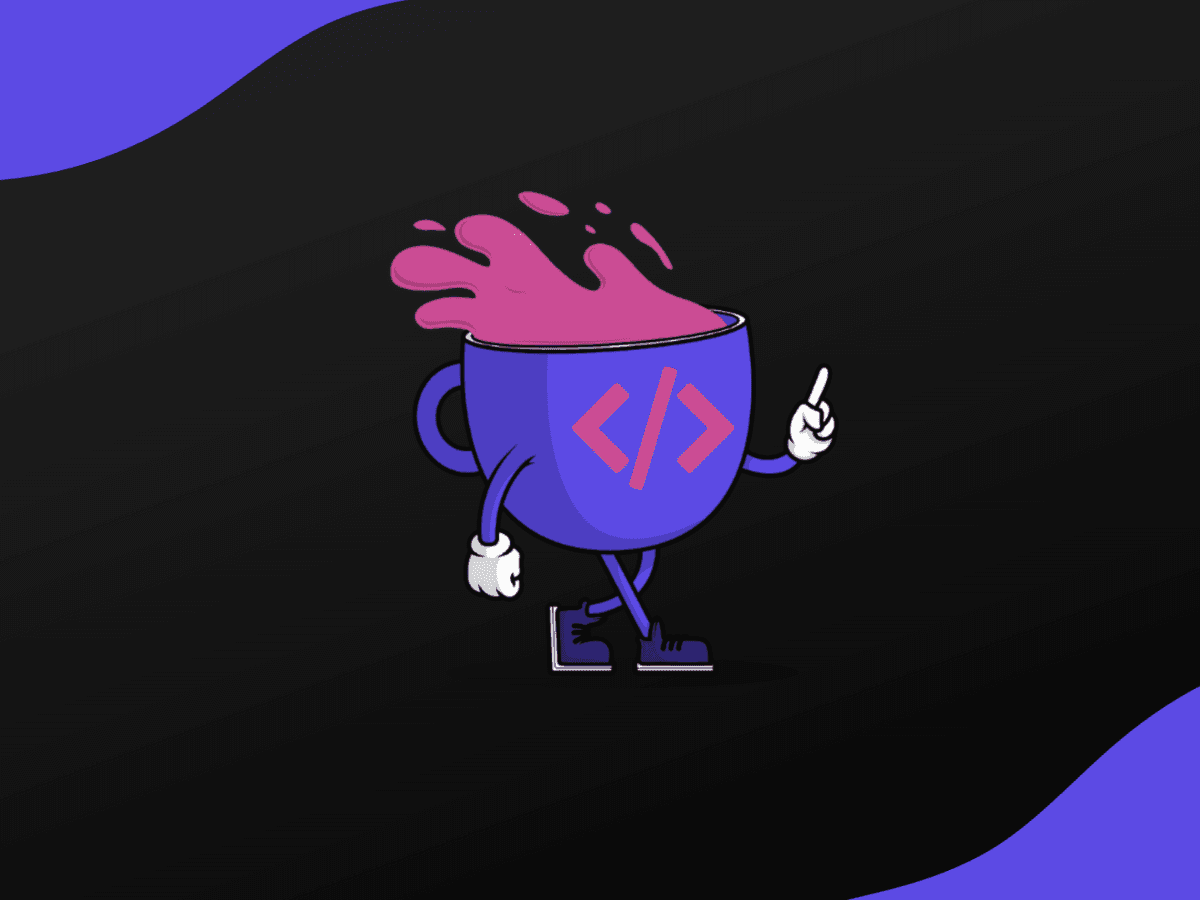Transforming Healthcare with AI

- Advancements in Healthcare with AI
- Challenges in Healthcare with AI
- Conclusion
Artificial intelligence (AI) is at the forefront of revolutionizing the healthcare industry. From speeding up drug discovery to predicting disease outbreaks, AI has the potential to transform the entire healthcare landscape.
Advancements in Healthcare with AI
One of the most significant advantages of using AI in healthcare is its ability to analyze vast amounts of medical data quickly. AI-powered algorithms can process millions of patient records, medical images, and genomic data to identify patterns and make predictions.
This speed and accuracy are critical in areas such as drug discovery, clinical trials, and disease diagnosis. For example, AI can analyze medical images to detect early signs of breast cancer with a higher level of accuracy than human doctors. AI-powered tools can also help doctors make faster and more accurate diagnoses and treatment plans.
Another area where AI is rapidly advancing is in telemedicine. Patients can use apps and wearables to monitor their health, and AI can analyze the data and alert doctors to potential issues before they become severe.
Challenges in Healthcare with AI
As with any emerging technology, there are also some challenges to implementing AI in healthcare. One significant challenge is data privacy and security. Health data is highly sensitive and must be protected from cyber attacks and unauthorized access.
Another challenge is ensuring that AI systems are unbiased and fair. AI algorithms are only as good as the data they are trained on, and if the data contains biases or is not representative of the population, it can lead to inaccurate or even harmful predictions.
There is also a shortage of skilled professionals who can work with AI in healthcare settings. Doctors need to be trained in using AI tools and interpreting the results, and data scientists must have a deep understanding of healthcare and medical data.
Conclusion
Overall, the advancements in AI present significant opportunities for the healthcare industry. AI can help doctors make faster and more accurate diagnoses, identify new treatments, and distribute healthcare resources more efficiently.
However, there are also some challenges that must be addressed, such as data privacy, bias, and a shortage of skilled professionals. Ultimately, the successful integration of AI into the healthcare industry will require collaboration between healthcare providers, technology companies, and policymakers to ensure that AI is used to its fullest potential while still protecting patient privacy and safety.
Stay Ahead with Code highlights
Join our community of forward-thinkers and innovators. Subscribe to get the latest updates on courses, exclusive insights, and tips from industry experts directly to your inbox.

Related articles
8 Articles

Copyright © Code Highlights 2025.
